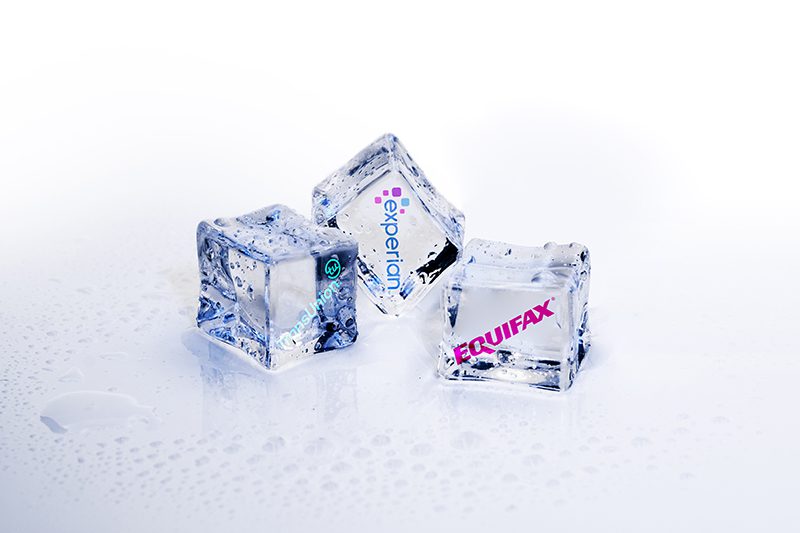What Does Freezing My Credit Do?
When you freeze your credit, the credit reporting bureaus are not allowed to give information to someone or a business who makes an inquiry about you. Typically, businesses inquire about your credit when you (or someone posing as you) attempt to open a new line of credit, such as a credit card, car loan, mortgage refinance, or similar. This credit check helps the business decide whether to extend credit to you, and at what terms.
When your credit is frozen and the business can’t get any information about you, it stops the process — which means a fraudster will be unable to open an account while using your identity.
Based on a new law in response to the Equifax breach, freezing your credit can be done at no cost. Previously, this request would have cost $10 per credit bureau, or $30 total.
Why Doesn’t Everyone Just Freeze Their Credit Then?
While freezing your credit won’t guarantee safety, it’s a pretty strong defense against identity theft. The only catch is that you must thaw (or unfreeze) your credit when you legitimately want to apply for a loan. You do this with a PIN that you get when you freeze it. While it’s not a heavy burden, it does add extra steps anytime you do something that requires a credit check.
Alternatives to freezing and thawing credit is to manually check your credit files. You can request a free copy of your credit report annually from each of the major credit bureaus at www.annualcreditreport.com, then carefully review for any activity you don’t recognize. If you find anything suspicious, report it immediately and take steps to lock down your credit through a fraud alert or credit freeze.
You can also pay for a credit-monitoring service, which effectively automates this process and alerts you about any activity involving your credit report. This approach can alert you of potential problems, but typically has a monthly cost of $20 per month.
It’s important to understand that checking or monitoring are not preventative, and any issue you find may be the result of someone using your identity already.
How Do I Freeze My Credit?
If you want to freeze your credit, you need to do it with each of the three credit bureaus:
- Equifax (https://www.equifax.com/personal/credit-report-services/ or 1-800-349-9960)
- TransUnion (https://www.transunion.com/credit-freeze or 1-888-909-8872)
- Experian (https://www.experian.com/freeze/center.html or 1-888-397-3742)
If you request a freeze, be sure to store the PIN to unfreeze your accounts in a safe place.
Whether or not you choose to freeze your credit, fraudsters could still take advantage of you by getting things like your credit card number(s) or passwords to online accounts. Make sure you’re taking the proper steps to secure your information so that it doesn’t fall into the wrong hands.
Author: Rob Siegmann is a partner and chief operating officer of Total Wealth Planning, a fee-only fiduciary financial planning firm in Cincinnati (Blue Ash), Ohio. He is often quoted in industry publications such as The Cincinnati Business Courier, Wall Street Journal, Yahoo finance, Financial Planning Magazine, Cincinnati Enquirer as well as others. Rob is grateful to serve others, including his team of CERTIFIED FINANCIAL PLANNER™ practitioners and the clients they serve, so they can live their greatest life through well informed and prudent financial decisions. Rob can be reached at rsiegmann@twpteam.com.







